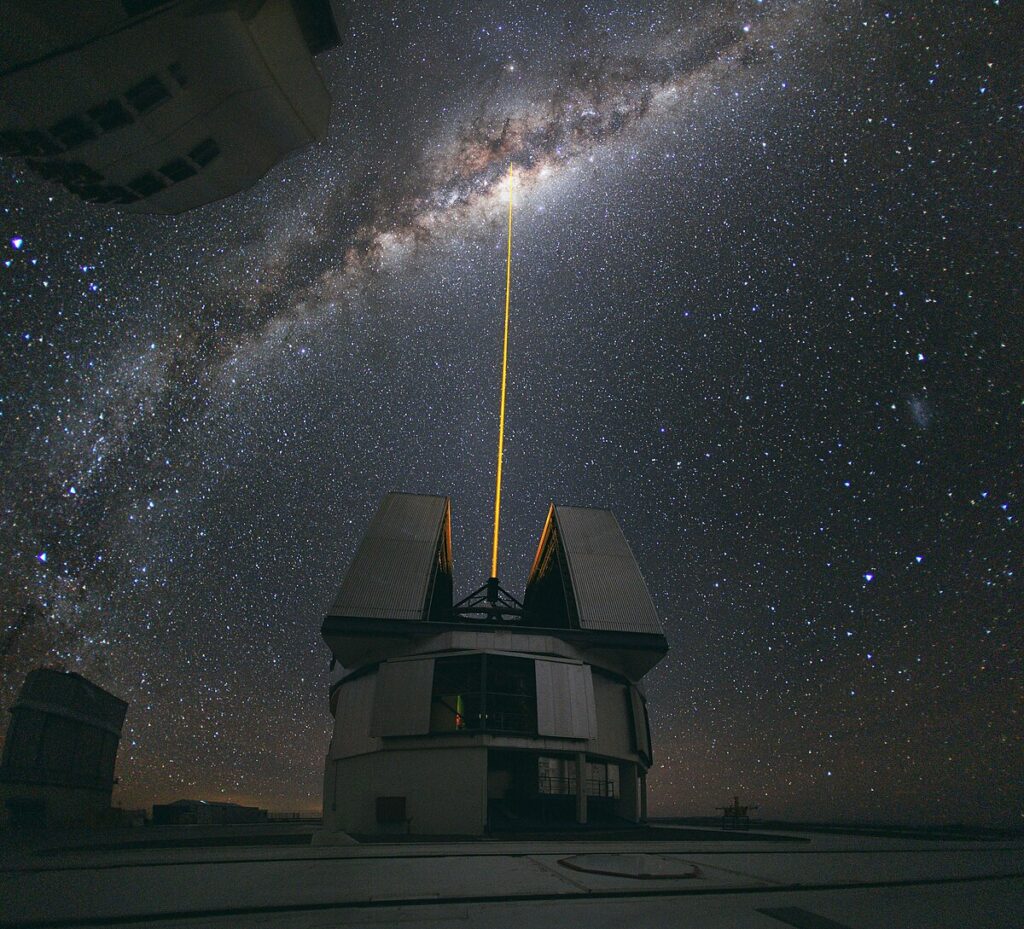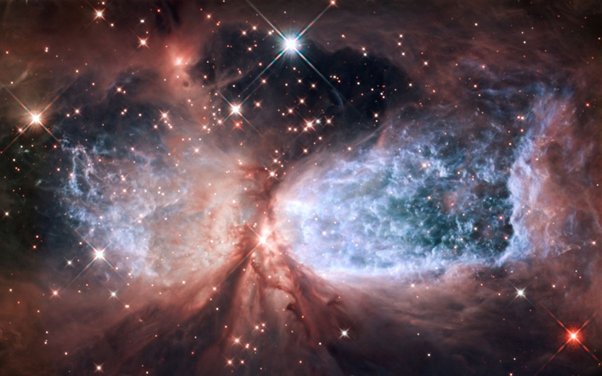You can learn about space without needing to know a lot of physics. Start by looking at the night sky with your eyes or a small telescope. Find constellations, planets, and watch how they move. Read beginner books about space or take online classes.
Focus on noticing things, like cool events in space and facts about the past. Learn new space words and ideas. Even though physics helps you understand space better, you can still enjoy it without doing hard math. Having fun things like looking at stars, going to planetariums, and joining space clubs can be exciting.
Always remember, being curious and amazed will make your space journey awesome!
How are astronomy and physics connected?

Astronomy and physics share a profound connection, each enriching our understanding of the other
Cosmology and the Big Bang
Physics provides the fundamental laws governing the behavior of matter and energy. Astronomy studies the origin, structure, and evolution of the Universe.
The Big Bang theory, rooted in physics, explains how our Universe began 13.8 billion years ago. It underwent rapid expansion (inflation) and gradually slowed down, leading to the formation of galaxies and cosmic structures.
Stellar Formation and Dark Matter
Physics principles, especially gravity, drive the collapse of gas clouds into stars. Astronomy observes this process, revealing that only a fraction of baryonic matter (protons, neutrons, electrons) becomes stars. The rest remains elusive as dark matter.
The interplay between these fields helps us understand how stars and galaxies form.
Exoplanets and Astrophysics
Astrophysics, a blend of physics and mathematics, explains celestial phenomena. The study of exoplanets (planets around other stars) has grown significantly.
Physics principles guide our understanding of exoplanet atmospheres, orbits, and habitability.
Testing Ground for Theories
Astronomy serves as a testing ground for physics theories. Observations of cosmic phenomena validate or challenge physical laws.
Together, they unravel the mysteries of the cosmos, from black holes to cosmic radiation
How can I study astronomy without needing to know much physics?

Studying astronomy without an extensive physics background is indeed possible. Here are some approaches
Observational Astronomy
- Begin by exploring the night sky with your eyes or a basic telescope.
- Learn to identify constellations, planets, and their movements.
- Develop observational skills and appreciate celestial events.
Beginner-Friendly Books and Courses
- Read introductory astronomy books tailored for beginners.
- Take online courses that focus on practical aspects of astronomy.
- Look for courses that don’t require in-depth physics knowledge.
Astronomy Communities and Planetariums
- Engage with local astronomy clubs or online forums.
- Attend planetarium shows and stargazing events.
- Connect with fellow enthusiasts who share your passion.
Astronomical Terminology and Concepts
- Familiarize yourself with basic terms and concepts.
- Understand celestial coordinates, star magnitudes, and cosmic distances.
Are there easy astronomy courses for people who don’t understand physics?

Yes, there are special astronomy courses made for people who aren’t great at physics. These courses are made to teach basic ideas about space in a simple and easy way, especially for beginners. You can find them on websites that offer online classes. Some options include:
Astronomy: Exploring Time and Space (Coursera)
This course provides a comprehensive introduction to modern astronomy and is taught by Professor Chris Impey from the University of Arizona. It’s structured to accommodate beginners, with around 3-5 hours of study per week over a 10-week duration. Best of all, it’s free.
An Introduction to Astronomy (Alison)
Alison offers a course that explores celestial wonders beyond our solar system. It’s a shorter course, requiring approximately 1.5-3 hours of learning. Pairing it with the beginner’s guide, “Nightwatch: A Practical Guide to Viewing the Universe,” can enhance your understanding.
Moons of our Solar System
If you’re particularly interested in moons, this course focuses specifically on the moons within our solar system. It’s a 24-hour course offered for free with a certificate upon completion.
FAQ
Is astronomy a good career?
Yes, astronomy can be a rewarding career. It offers varied opportunities in research, education, and applied sciences. Astronomers have outstanding salaries and excellent job satisfaction.
Is astronomy a lot of math?
Yes, astronomy involves mathematics. Astronomers use math to model celestial bodies, study orbits, and analyze data. Trigonometry, calculus, and statistics are common tools.
How much physics is in astronomy?
Physics is integral to astronomy. Concepts from classical mechanics, electromagnetism, quantum mechanics, and relativity are applied to understand celestial phenomena.
Is astronomy more chemistry or physics?
Astronomy primarily relies on physics. While chemistry plays a role (e.g., understanding stellar composition), physics is the foundation for studying the universe.
Which degree is best for astronomy?
Most astronomers pursue a PhD in physics, astronomy, or a related field. Bachelor’s or master’s degrees can lead to support positions or other science-related careers
Final thoughts
You don’t need to know a lot of physics to enjoy studying astronomy—it’s actually really fun and rewarding! You can start by practicing how to observe things, using easy-to-understand resources, and getting excited about space. Whether you’re looking at the stars from your backyard, going to stargazing events, or learning online, astronomy is for everyone. Just stay curious and passionate, and you’ll uncover amazing things about the universe. With lots of enthusiasm and dedication, you can explore the secrets of space and love every moment of it!
